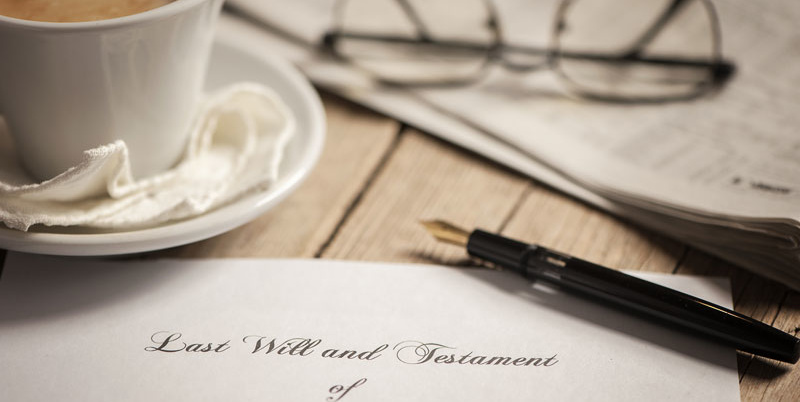We find that a parent will add a son or daughter as a joint owner of the parent’s bank account or other asset to avoid probate fees or to ensure the son or daughter has ready access to funds if the parent falls ill or dies. If the parent’s intention was that the son or daughter actually own the asset upon the parent’s death, it is essential that the parent make that intention clear either in his or her Will or in some other form preferably in writing. Some clear evidence of intention is important as the Supreme Court of Canada has ruled that bank accounts held jointly between a parent and child are generally considered part of the parent’s estate assuming that the child did not contribute to the asset. There are exceptions to this rule, however, such as where the joint owner is a minor child (under the age of 18) or an incapable child.
Although the estate assets held jointly with an adult, capable child are considered part of the parent’s estate, without the co-operation of the joint-owner child, other children of the deceased parent may have to take their sibling to court to recover a share of the bank account if the joint-owner child does not co-operate.






